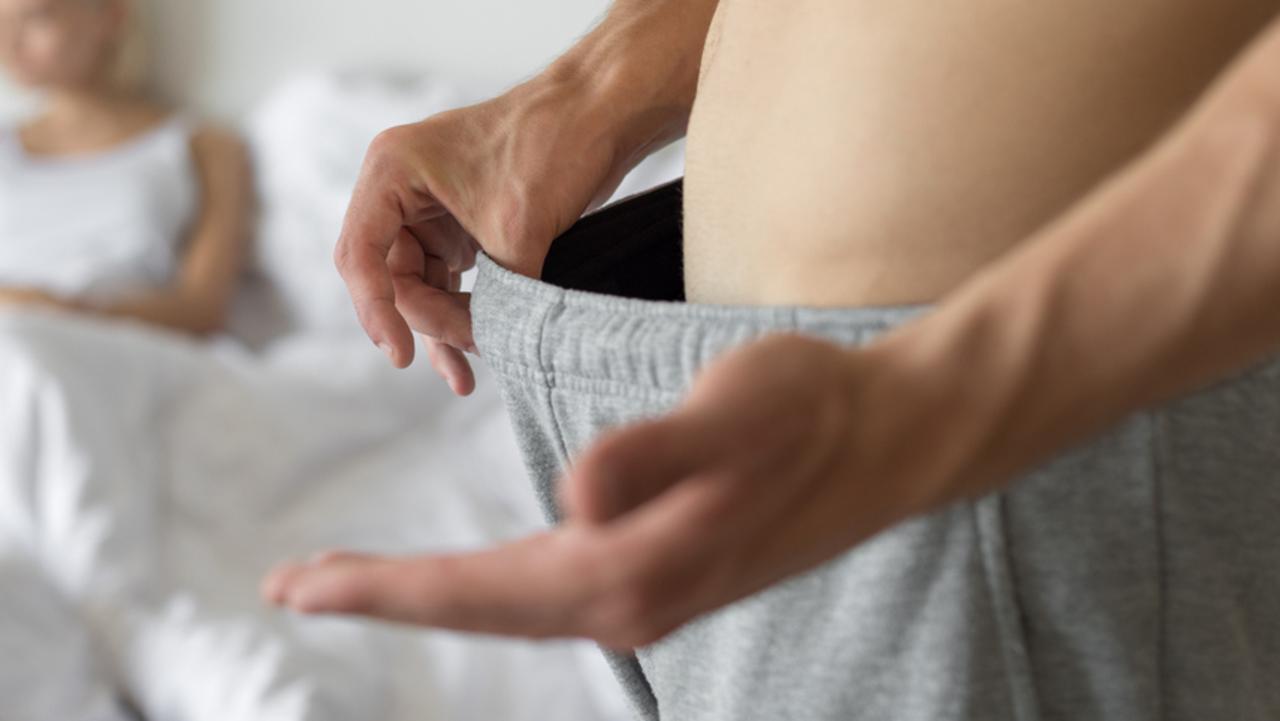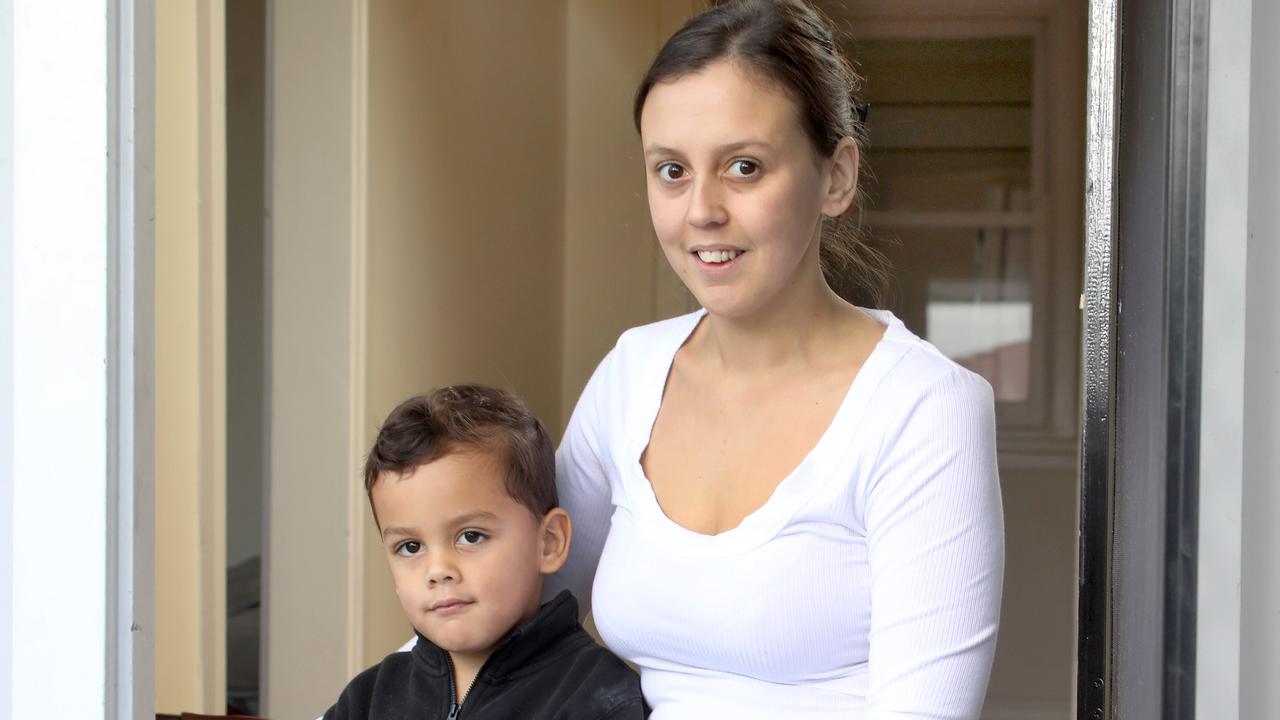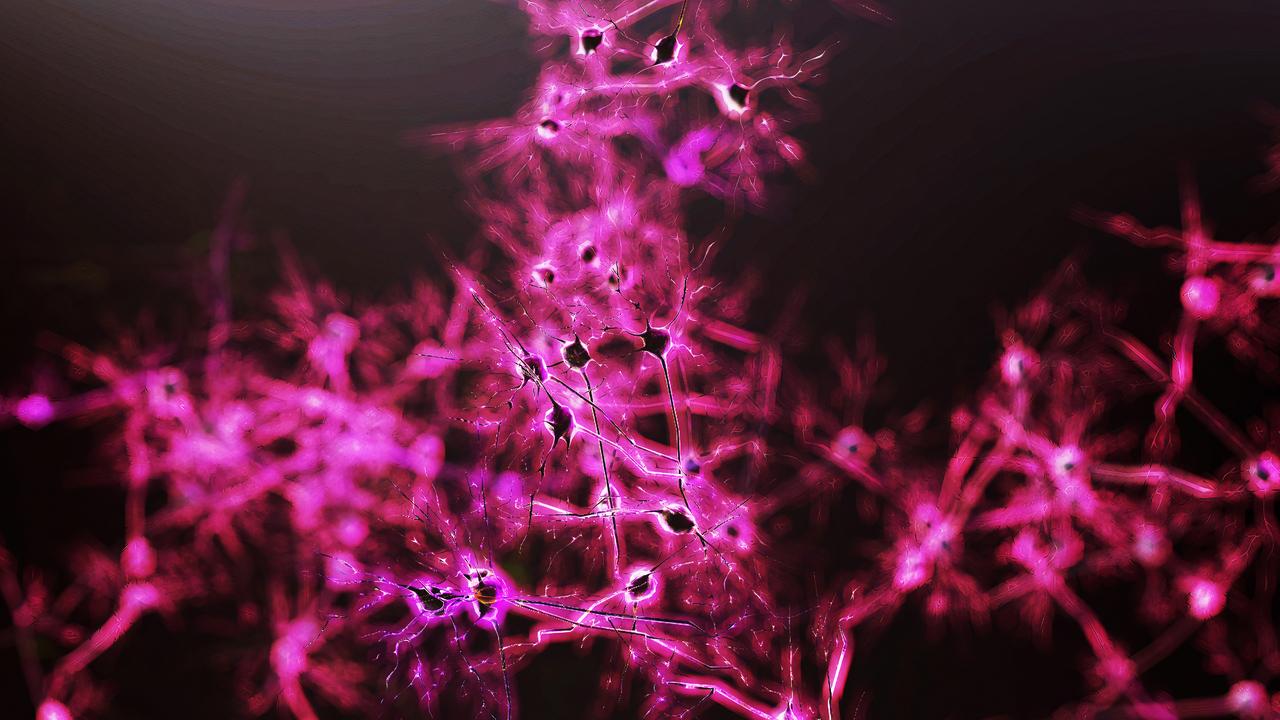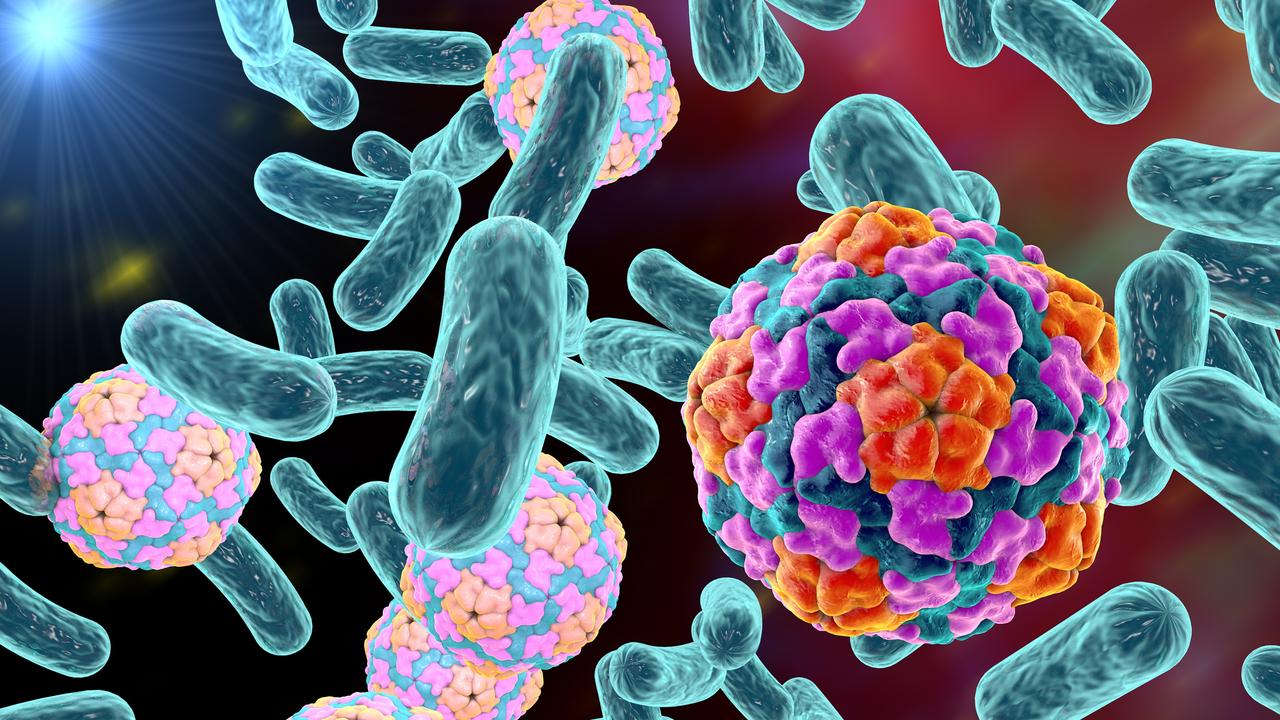Extreme clean eating: A possible new disorder
YOU really can have too much of a good thing. But when does being obsessed with clean eating become an eating disorder?
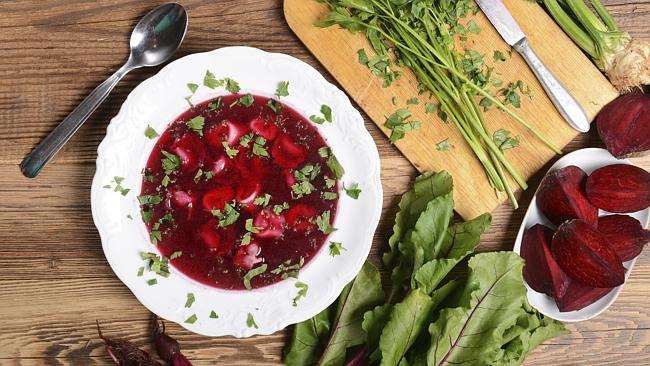
Health
Don't miss out on the headlines from Health. Followed categories will be added to My News.
THERE’S no denying it; clean eating is a trend that’s taking over. But while the quest to eat healthy is a step in the right direction, when is it taken too far?
The simple pleasure of eating gets truly lost when you see signs like this.
What could be wrong with a desire to eat healthy? After all, promoting healthy eating is what I do for a living. But I’m not exactly referring to people who ask for their dressing on the side or request a decaf soy latte. For some, it can become an intense preoccupation with eating only foods deemed ‘clean’ or ‘unprocessed.’
We’ve all heard the term ‘orthorexia’ (from the Greek “ortho” = correct and “orexis”= appetite), originally defined by American Physician, Dr Steven Bratman in his book Health Food Junkies. Bratman describes orthorexia sufferers as having an unhealthy obsession with eating foods deemed nothing but ‘pure’. In other words, the pleasure is more in eating ‘correctly’ rather than simply eating.
Over time, what you eat, where the food comes from, or even how the food is cooked comes to preoccupy a large part of your life. The problem gets worse when very few self-identify as dieters (because we all know by now that “diets” don’t work), instead, eating ‘clean’ becomes a revised version of food restriction which flies under the radar as healthy “lifestyle changes”.
This ‘disordered’ style of eating is increasingly on the radar of health professionals. And thanks to smart phones, tablets and your social feed it’s easier than ever to receive baseless advice or anecdotes.
However this exaggerated focus on food — or dare I say, strive for a ‘perfect diet’ is often led by so-called diet ‘experts’ who dish out nutritional advice sans the actual science behind them.
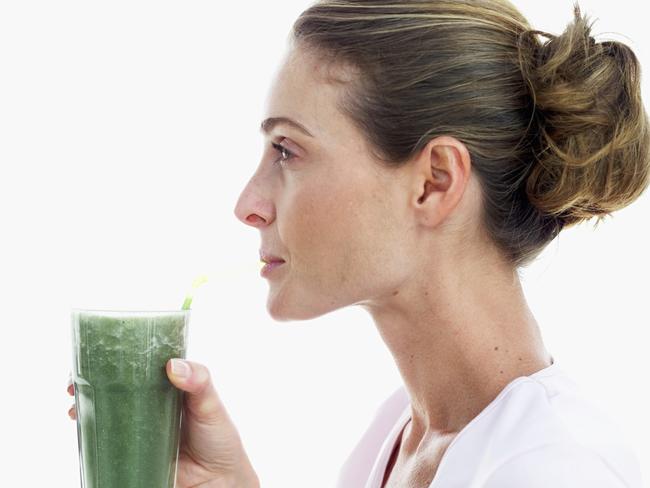
Over the last few months we’ve seen at least four of these so-called ‘experts’ come undone. The Whole Food Pantry founder, Belle Gibson lied about her terminal illness to push one of the top-rating food apps and recipe books in Australia; Ashy Bine’s ‘Clean Eating Diet Plan’, ($AU100) was caught for plagiarising some recipes; Pete Evans’ latest cookbook was found to contain a recipe ‘Happy Tummy Brew’ that could be toxic to babies in high dosages, and sadly the ‘Wellness Warrior’, Jessica Ainscough who lost her battle to cancer which she had chosen to fight with Gerson Therapy, an alternative form of medicine not supported by Medical professionals.
There is nothing wrong with healthy eating — whether your definition of ‘healthy’ includes ‘sugar free’, ‘wheat free’, ‘dairy free’, ‘gluten free’, ‘fructose free’, or ‘grain free’ – it doesn’t matter. But if thinking about food or eating relentlessly interferes with your mental (e.g. mood swings), social (e.g. relationships) or physical health (e.g. nutrient deficiencies), it could be a warning sign of a progression into a more clinical problem, such as an eating disorder.
Healthy eating is not rocket science. Eating plenty of fresh fruits and veg, smart carbs (wholegrains), lean proteins, healthful fats, more water, being mindful, and an occasional piece of cake or burger and fries is just fine. A healthy life is about finding the right balance that suits you (which is different for everyone) and not just about rigid adherence to an eating regimen.
Kathleen Alleaume is nutrition and exercise scientist and author of What’s Eating You? Follow Kathleen on Twitter @therightbalance
Originally published as Extreme clean eating: A possible new disorder


